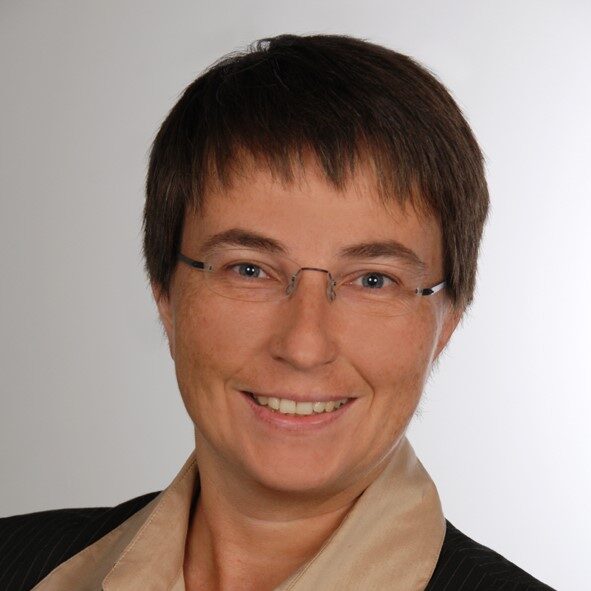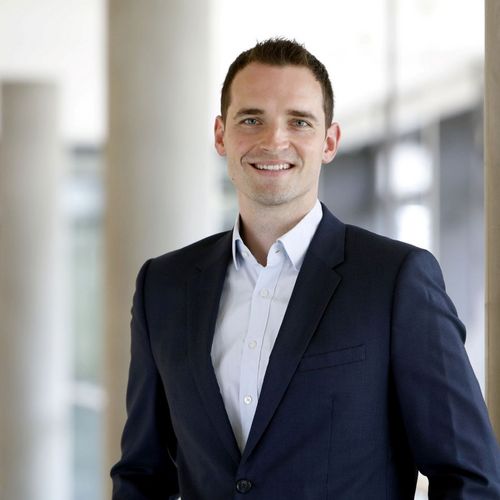The growing availability and diversity of data is fundamentally changing not only companies, but also our society. Increasingly powerful technologies make it possible to collect, store and analyze huge amounts of data in real time. Whether AI-controlled logistics systems that optimize supply chains, predictive maintenance in Industry 4.0 or personalized recommendations in e-commerce – data-based applications are increasingly shaping operational and social reality. At the same time, data-driven systems are influencing our daily lives, from digital health applications to smart cities in which urban living spaces are designed more efficiently. Companies are faced with the particular challenge of analyzing and controlling complex and dynamic operational processes in a data-driven manner. Different data sources, often with heterogeneous formats and qualities, make a uniform view of business processes difficult. In addition, there are high demands on the integration, interpretation and use of data in order to create added value.
In order to exploit this potential and create added value with data, methods and tools of modern data analysis and data management are required, which are often summarized under the collective term Data Science & Business Analytics (DS & BA). This includes a variety of approaches from different disciplines such as statistics, artificial intelligence, natural language processing, process mining, visual analytics, business intelligence, data quality management, data governance and many more.
Against this background, we welcome the entire diversity of business informatics-related research efforts in the areas of Data Science & Business Analytics (DS & BA) in our track. These range, for example, from the generation, collection and representation of (big) data, the development of innovative theories, methods and procedures for solving business and social problems, the design of analytical artifacts to the adoption and integration of these approaches in companies. Research papers on the development of new statistical and machine learning methods are welcome, as long as they are related to the solution of a business or social problem. We encourage authors to submit relevant and original contributions that exploit the methodological breadth of the research field.
Possible topics include:
- Innovations and emerging trends in DS & BA
- Business value and monetization of DS & BA
- Introduction, establishment, maturity and use of DS & BA
- DS & BA for societal benefit, individual and societal empowerment and digital responsibility
- Explainable artificial intelligence and interpretable machine learning
- Data protection, data quality and data governance
- Opportunities and challenges in data sharing and open data
- Digital manufacturing and the Internet of Things
- Operational, real-time or event-driven business analytics
- Process mining and the benefits of robotic process automation
- Visual analytics and the analysis of unstructured data (e.g. text, images, audio, video) to address organizational and/or societal challenges
- Prescriptive analytics and operations research
- Data work and professions in the field of data science
Track chairs
AEs
- Marie-Louise Arlt, University of Bayreuth
- Henning Baars, University of Stuttgart
- Ivo Blohm, University of St. Gallen
- Simon Emde, University of Jena
- Andreas Fink, Helmut Schmidt University of Hamburg
- Maximilian Förster, University of Ulm
- Burkhardt Funk, Leuphana University of Lüneburg
- Karoline Glaser, Technische University of Dresden
- Kai Heinrich, Otto-von-Guericke-University of Magdeburg
- Charlotte Köhler, Europa University of Viandria
- Niklas Kühl, University of Bayreuth
- Alexander Mädche, Karlsruhe Institute for Technology
- Milad Mirbabaie, Otto-Friedrich-University of Bamberg
- Frederik Möller, University of Braunschweig
- Oliver Müller, University of Paderborn
- Roland Müller, Berlin School of Economics and Law
- Dimitri Petrik, University of Stuttgart
- Nicolas Pröllochs, Justus-Liebig-University of Gießen
- Christian Schieder, East-Bavarian Technical University of Applied Sciences of Amberg-Weiden
- Guido Schryen, University of Paderborn
- Thomas Setzer, Catholic University of Eichstätt-Ingolstadt
- Philip Stahmann, Technical University of Dortmund
- Sven Weinzierl, Friedrich-Alexander-University of Erlangen-Nürnberg
- Lin Xie, University of Twente
- Alona Zharova, Humboldt-University of Berlin
- Sandra Zilker, Technical University of Applied Sciences Nürnberg Georg Simon Ohm
THIS SITE MAY CONTAIN TRANSLATIONS POWERED BY OTHER THIRD PARTY SERVICES.




